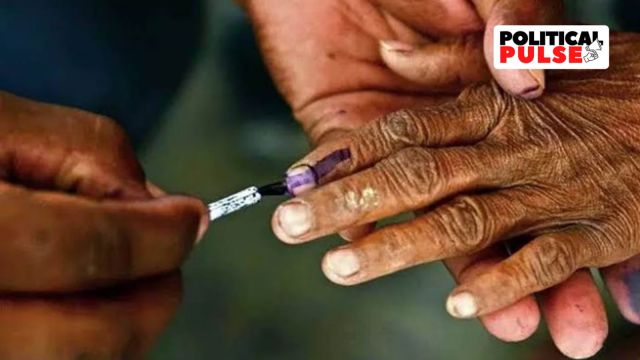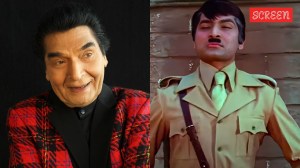
On the objective of the campaign, a senior BJP leader said, “We have a majority at the Centre and in the governments in different states, and there is no hindrance in getting the Bills cleared. But we want to make One Nation, One Election a public movement.”
Story continues below this ad
The party worked out its programme after the Bills were referred to the joint parliamentary panel during the Winter Session to scrutinise them. The third meeting of the committee will be held on February 25.
BJP sources said Chouhan, party national general secretary Sunil Bansal and national secretary Om Prakash Dhankar are overseeing this campaign at the national level. In Uttar Pradesh, for instance, Dhankar will coordinate the programme with a team of party leaders constituted under former governor of Bihar and Meghalaya Phagu Chauhan.
“We are holding dialogues with various social organisations and people, and appealing to them to give their opinion on it. Whatever is their opinion – either in support or against – they are requested to send it in writing to the President,” said Anoop Gupta, a UP MLC and the BJP’s state general secretary, who is co-convener of the UP team.
In UP, interactive sessions with the business fraternity have been finalised in Kanpur, while educationists and students at Banaras Hindu University (BHU) are also expected to hold similar meetings.
Story continues below this ad
“In these interactions, resolutions will be passed in support of One Nation, One Election,” said a BJP leader who attended the party meeting on simultaneous polls, adding that such resolutions will also be passed by local bodies.
To prepare its functionaries to speak at such public events on “One Nation, One Election”, the BJP has circulated a 20-page document detailing the history of the proposal, its necessity in the current political landscape, its benefits and practices in other countries.
The BJP document states that simultaneous Lok Sabha and Assembly polls would end “useless expenditure” and “disruptions” to governance. It traces the history of past simultaneous elections, between 1951 and 1967 until new states and minority governments began to be formed. It also mentions that the BJP had in 1984 promised to re-implement simultaneous elections and that the party had included the proposal in its 2019 Lok Sabha poll manifesto.
In the document, the BJP cited the examples of the Swedish and South African models of simultaneous polls, where the national and regional elections are held together.
Story continues below this ad
The BJP document also has a section dedicated to the “challenges” of the current electoral system, which includes diverting the focus from governance to electioneering, leading to delays in policy execution. “Another challenge is ‘muftkhori ki rajneeti ka uday (rise of freebie politics)’, which impacts the financial condition of states and gives priority to short-term gains,” it states, adding that the imposition of the Model Code of Conduct (MCC) during elections delays the execution of welfare schemes for people.
In the FAQs section, in response to a question on whether “One Nation, One Election” will “favour the party in power at the Centre” over regional parties, the document claims, “No, regional parties will remain relevant and One Nation, One Election is not against their interests.”
































